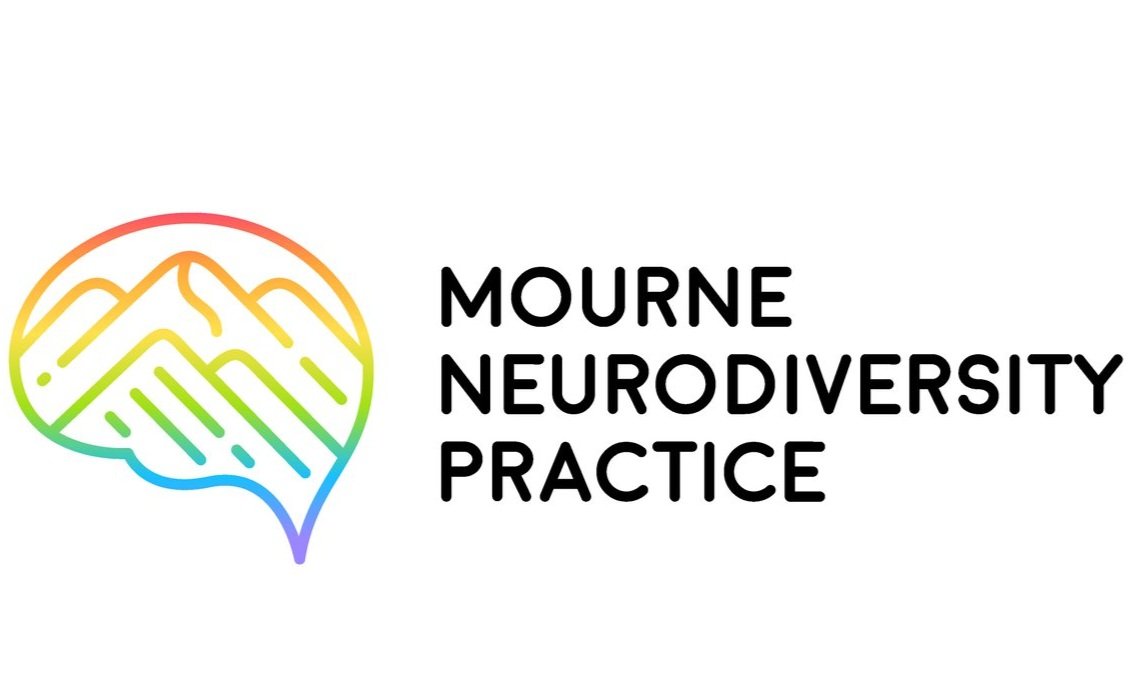
What is neurodiversity affirmative practice?
“It is not our differences that divide us. It is our inability to recognise, accept, and celebrate those differences.” – Audre Lorde
We are very proud to conduct our assessments using a neurodiversity-affirmative approach. Neurodiversity is the term used to refer to the diversity of human minds. In other words, the idea that brains are different. Autism is a well-known condition often diagnosed in childhood, which reflects such brain differences. The neurodiversity movement argues that being autistic should be viewed as having a different neurotype, and should not be considered as problematic or falling short of a certain standard. Historically, it was widely accepted that clinicians and academics measured such brain differences against ‘neurotypical’ experiences. In other words, focusing on how neurodivergent children are not meeting neurotypical expectations and therefore, perceiving them as having “delayed development”. Unfortunately, this meant that neurodivergent children were often seen as “less than” when compared to neurotypical children. Unsurprisingly, new research has found that this practice has had detrimental impacts on the wellbeing of many neurodivergent people and has contributed to the development of a negative self-image and a complicated sense of identity.
When you consider this, it is not surprising that the use of the term, Autism Spectrum Disorder or ASD is widely criticised by the autistic community and therefore is not used in neuro-affirmative practice. Autism is not a disorder but a different neurotype and a valid way to be in the world.
Parents of autistic children often acknowledge that while there are challenges with parenting autistic children, many of those challenges are as a result of society viewing their child’s preferences and needs through a narrow neurotypical lens. Neurodiversity affirmative clinical practice aims to support the child through their divergent developmental pathway, not a neurotypical developmental pathway.
Neurodiversity affirmative practice advocates for individuals, families and systems to become more neurodiversity-informed. This means considering the person’s needs as well as areas of strength, and adjusting our neurotypical expectations to allow for them to be greeted with opportunities in which they can communicate and socialise in the way they prefer. Neurodivergent people should be supported to embrace their differences and feel empowered to live a life that prioritises their own needs and preferences- a luxury many neurotypical people take for granted. Such a lifestyle can only serve for better self-fulfilment and self-compassion.
As well-known autistic environmental activist, Greta Thunberg put it, “No, autism is not a “gift”. For most, it is an endless fight against schools, workplaces, and bullies. But, under the right circumstances, given the right adjustments, it CAN be a superpower.”
Please learn about the added neuro-affirmative touches we have included in our assessments to further support you and your child/young person to navigate the assessment process in the ‘What we do’ section.

